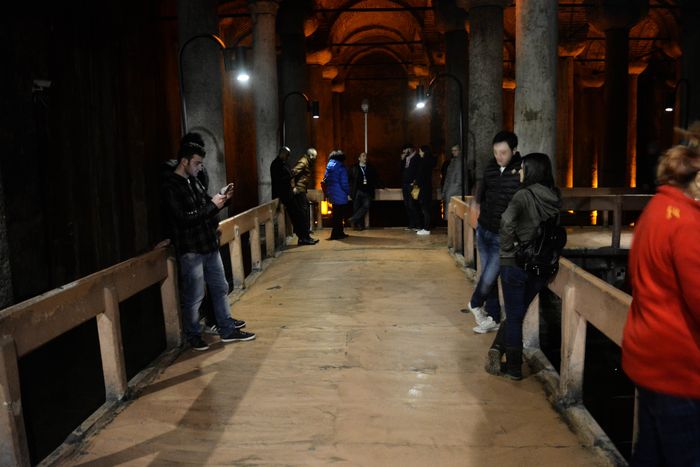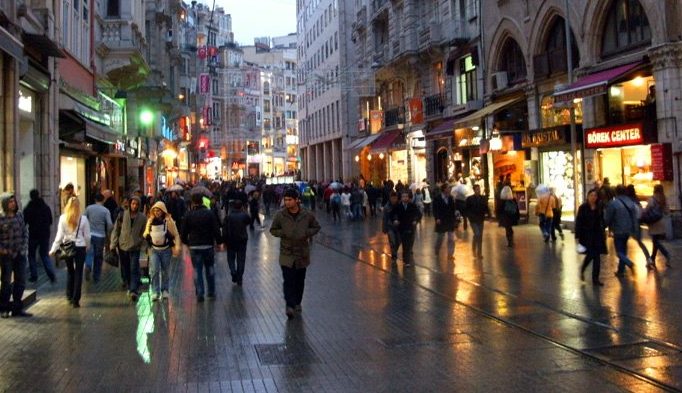Taken word for word from the Life of St John Chrysostom.
Blessed John loved the epistles of St Paul exceedingly. . . . He had an image of the apostle in a place where he was wont to retire now and then on account of his physical weakness, for he outdid nature in watchings and vigils. As he read through St Paul’s epistles, he had the image before him, and spoke to the apostle as if he had been present, praising him, and directing all his thoughts to him. . . .
When Proclus had finished speaking, gazing intently at the image of the apostle, and recognising the likeness to the man he had seen, saluting John, he said, pointing to the image: “Forgive me, father; the man I saw talking to you is very like this statue. In fact, I should say he is the same.”
In the life of St Eupraxia we are told that her Superior showed her the likeness of our Lord.
We read in the life of St Mary of Egypt that she prayed before the statue of Our Lady and besought her intercession, and so obtained leave to enter the Church.
In all the past array of Christian priests and kings, wise and pious, conspicuous by teaching and example, in so many councils of holy and inspired fathers, how is it that no one has pointed out these things? We are not advocating a new faith. “The law shall come out of Sion,” the Holy Ghost said prophetically, “and the word of the Lord from Jerusalem.” (Is. 2.3) We do not advocate one thing at one time, and another at another, nor that the faith should become a laughing-stock to those outside. We will not allow the king’s commands to overturn the tradition handed down from the fathers.
It is not for pious kings to overturn ecclesiastical boundaries. These are not patristic ways. Things done by force are impositions, and do not carry persuasion. A proof of this was given in the 2nd Council of Ephesus, when a decree, which has never been recognised as valid, was enforced by the emperor’s hand, and blessed Flavian was put to death.
Councils do not belong to kings, as the Lord says: “Wherever one or two are gathered together in My name, there I am in the midst of them.” (Mt. 18.20) Christ did not give to kings the power to bind and to loose, but to the apostles, (Mt. 18.18) and to their successors and pastors and teachers. “If an angel were to teach you a different gospel to what you have received,” (Gal. 1.8) St Paul says–but we will be silent about what follows, in the hope of their conversion. And if we find the warning disregarded, which may God avert, we will then add the rest. Let us hope it will not be needed.
Read More about Apologia of St John Damascene Against those who Decry Holy Images Part 47








